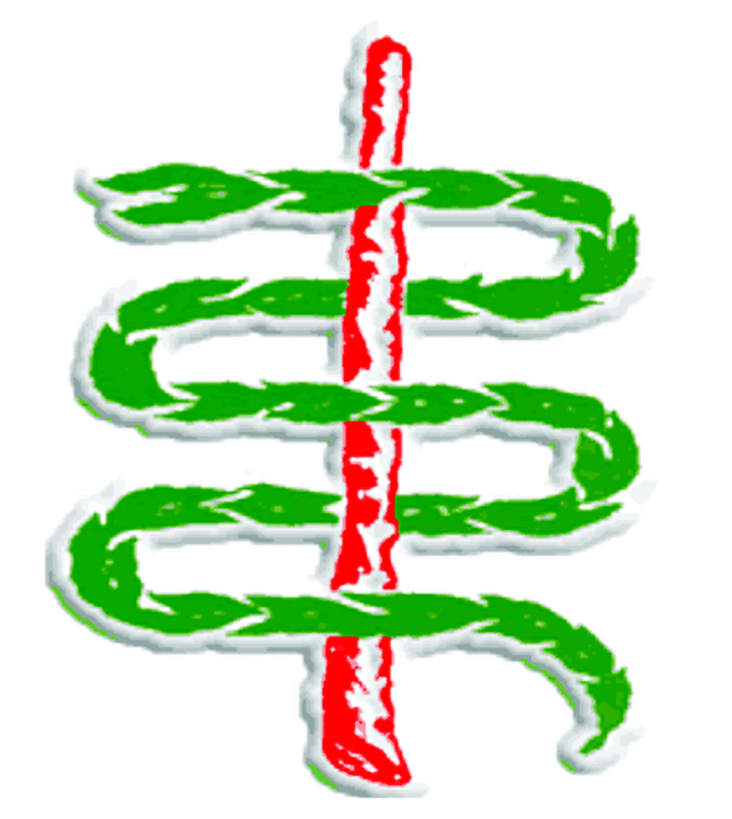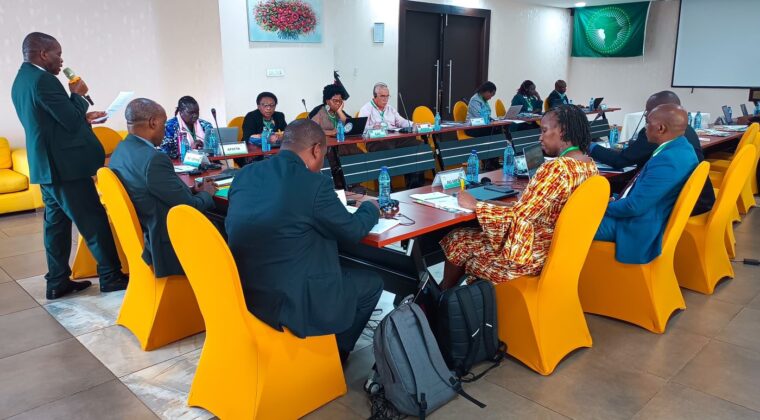Fishing out solutions for effective trade facilitation and market access for plant health
As one way of enhancing trade and market access for African countries, plant health experts and African member states are spending the week sharing best practices on phytosanitary standards, measures and procedures in the quest to achieve protection of plant resources across the continent.
The discussions taking place in Nairobi, Kenya are part of the training on implementation of phytosanitary measures for market access organized by Inter-African Phytosanitary Council of the African Union (AU-IAPSC).
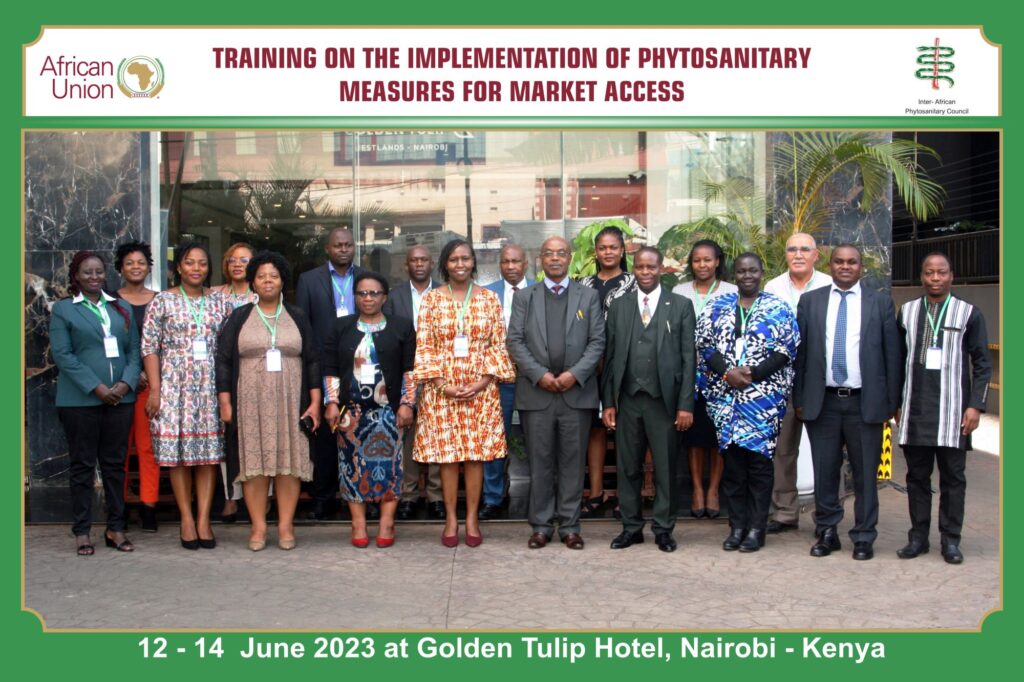
AU-IAPSC Senior Scientific Officer Luiza Munyua said the training is a direct response to challenges encountered in the facilitation of trade in agricultural goods in the region, while seeking solutions that ensure that the phytosanitary standing of Member states does not present risks cross border movement of plants and plant health materials.
The discussions are also identifying linkages to leveraging opportunities provided by the Plant Health Strategy for Africa (PHSA) which also seeks to improve plant health systems through regional coordination and strengthening the capacity of NPPOs.
Opening the training, Principal Secretary in the Kenya Ministry of Agriculture Mr Kello Harsama said since international movement of plants, plant products have increased tremendously, thereby posing a great risk in the introduction and spread of pest and diseases, the meeting was crucial in identifying possible solutions.
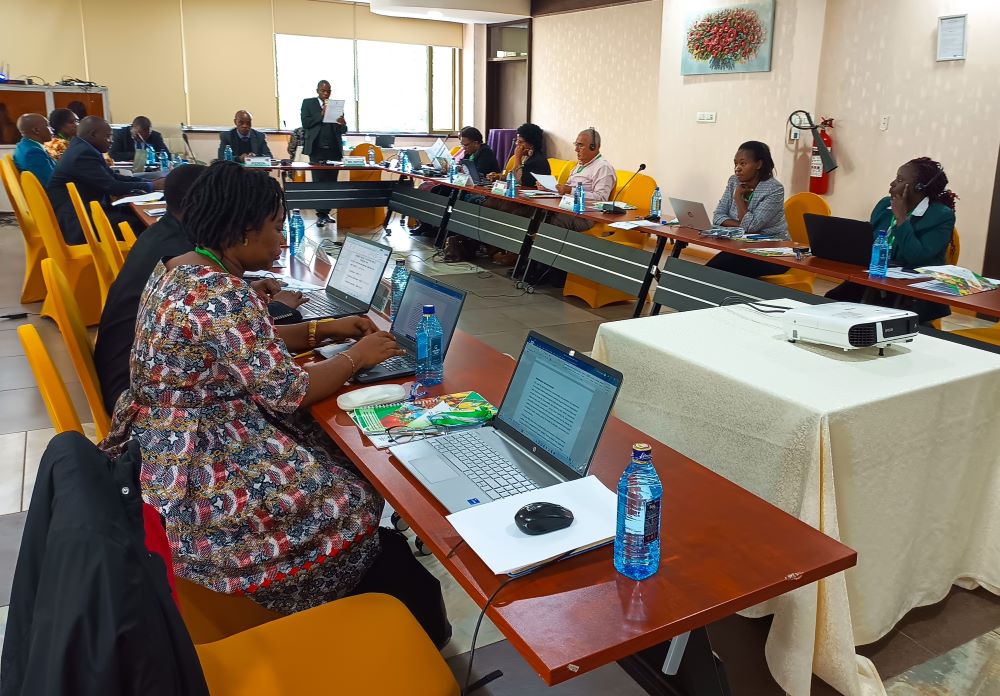
“The responsibility has been bestowed to us by our various countries to be the gate keepers in this area. We must therefore be alive to the threats of devastating diseases such as banana wilt disease Tropical Race 4 (TR4) that has been reported within Africa albeit being restricted and other diseases that are looming in the horizon,” he said.
Among the solutions advocated is the adoption of climate-smart solutions in crop production and resource utilization such as technology integration and adopting drought resilient and high-yielding crops for specific regions, given the massive challenges posed by climate-change globally.
In his remarks, Managing Director for Kenya Plant Health Inspectorate services (KEPHIS) Prof Theophilus Mutui hoped that apart from strengthening member states’ capacity in phytosanitary status, trade facilitation and compliance to market requirements, the training would also provide deep insights and greater understanding of the phytosanitary standards in order to improve overall effectiveness and efficiency in the plant health sector in Africa.
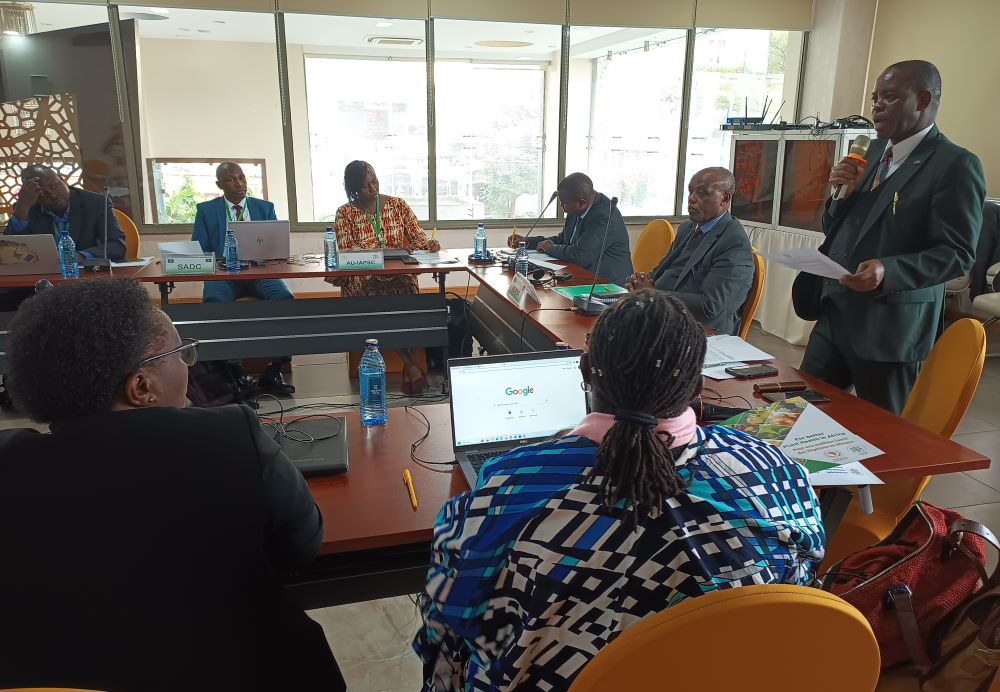
He stressed the need for a regional approach especially for those countries that share land borders.
“As Africa we need to be responsive and participate in the technical standard setting processes and be part of the discussions that shape the direction in which the phytosanitary matters move towards so as to build our own capacity,” he said.
Through presentations, debates, group work, the participants are sharing knowledge, skills, best practices from their respective countries and organizations with a goal to come up with practical solutions to the common challenges put forward in management of plant health resources.
Among the member states participating are Botswana, Burkina Faso, Chad, Congo Brazzaville, Lesotho, Morocco, Tanzania, Uganda, Zimbabwe, the host Kenya while organizations include members of the Regional Economic Communities (RECs) such as Southern African Development Community (SADC) and East African Community (EAC), KEPHIS, and the The African Continental Free Trade Area (AfCFTA).
